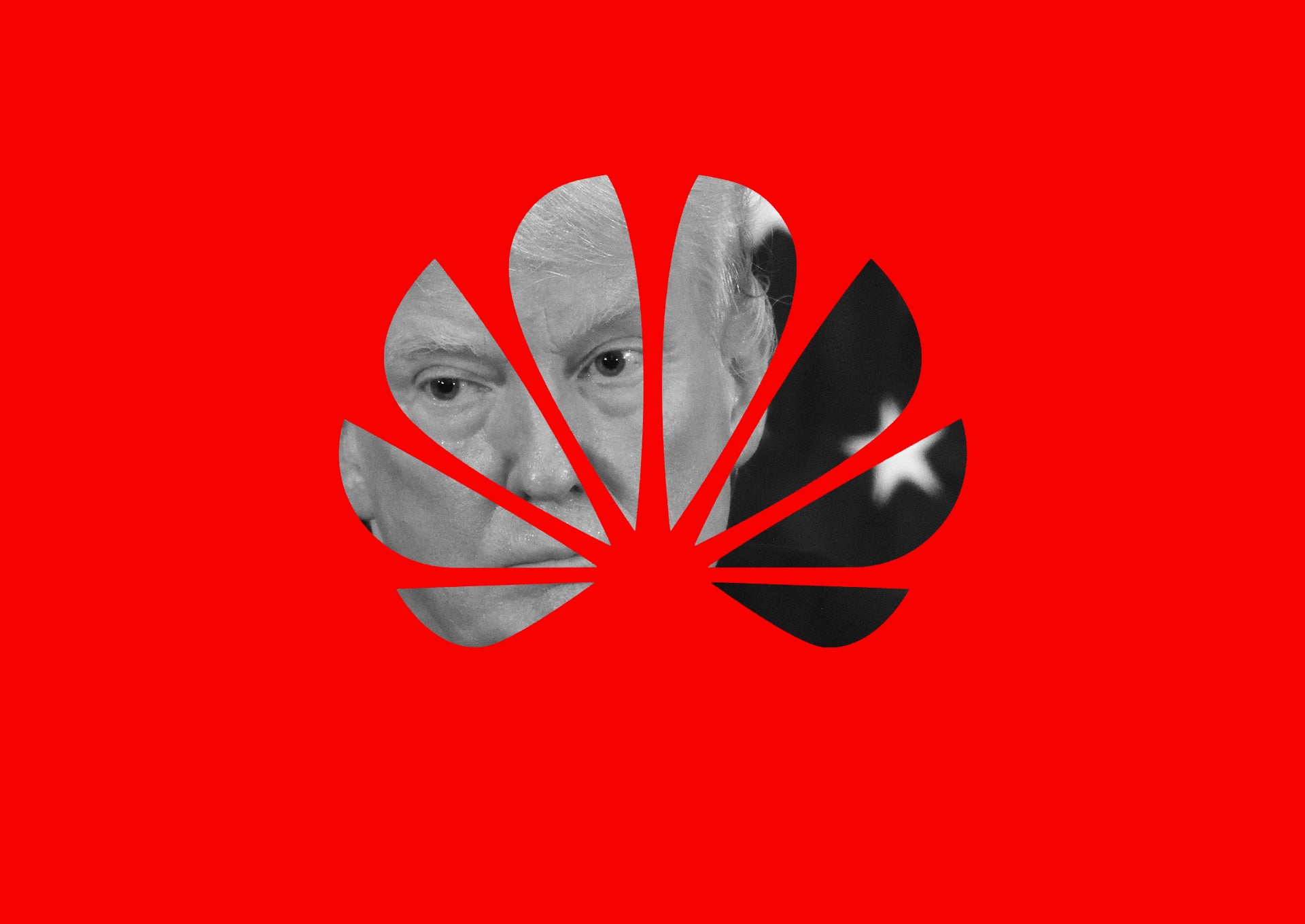New sanctions announced by the US Commerce Department on 15 May raise the stakes in an ongoing dispute with Chinese tech vendor Huawei Technologies. The sanctions require silicon foundries using US-made machines and software to obtain licenses from the US in order to sell chips to Huawei.In practical terms, this means that Huawei’s key silicon suppliers – Taiwanese TSMC and Chinese SMIC, both of which rely on U.S. components – would likely decide to halt production of Huawei subsidiary HiSilicon’s chip designs.
The immediate prospect for Huawei is especially bleak considering that the great majority of the world’s foundries use US-sourced hardware or software in some parts of their processes.
Response to sanctions was swift
Huawei’s response to the sanctions was swift and predictable. Speaking at an analyst event a few days after the announcement, Huawei Rotating CEO Guo Ping pushed back hard against the new sanctions. He argued that they impact trust and collaboration across a complicated silicon ecosystem in a way that will impact communications for more than three billion people globally who currently use its products and services.
Guo estimates that Huawei has already lost a total of $12 billion in revenue since being put on the US’s ‘Entity List’ that first imposed the licensing requirement in May 2019 – with $10 billion of that shortfall coming from handsets after Huawei was forced to stop using the Android smartphone operating system. Huawei has been forced to significantly ramp up its R&D since that time in order to develop workarounds after losing access to important portions of its supply chain.
However, the most recent sanctions leave Huawei pondering the extremely expensive possibility of having to build its own foundry – or possibly convincing the Chinese government to pitch in on its behalf – to ensure access to vital componentry in an increasingly hostile trade environment that shows no signs of improving anytime soon.
Huawei sees new threats from UK
Huawei is also seeing new threats from the UK, where it had apparently received reassurance earlier this year that it would be able to maintain at least some part of the market share it has gained during the 4G/LTE era. In January, the UK National Cyber Security Centre (NCSC) – the nation’s technical authority on cybersecurity – issued recommendations for UK operators that would have banned the company from 5G network core deployments but allowed it to retain a 35% share of 5G radio deployments in country.
How well do you really know your competitors?
Access the most comprehensive Company Profiles on the market, powered by GlobalData. Save hours of research. Gain competitive edge.

Thank you!
Your download email will arrive shortly
Not ready to buy yet? Download a free sample
We are confident about the unique quality of our Company Profiles. However, we want you to make the most beneficial decision for your business, so we offer a free sample that you can download by submitting the below form
By GlobalDataHowever, recent reporting indicates that conservative MPs are pressuring the Johnson government to ban Huawei outright from 5G deployments and completely remove Huawei gear from UK networks by 2023.
The timing of the ongoing Huawei dispute could not be worse for the UK, which is attempting to reach post-Brexit bilateral trade agreements with both the US and China. Meanwhile, both the US restrictions and the potential UK reversal of its January decision are likely to invite retaliatory measures from the Chinese government that are in turn likely to hamper trade relations at a time in which the world is experiencing its worst economic downturn since the Great Depression.







